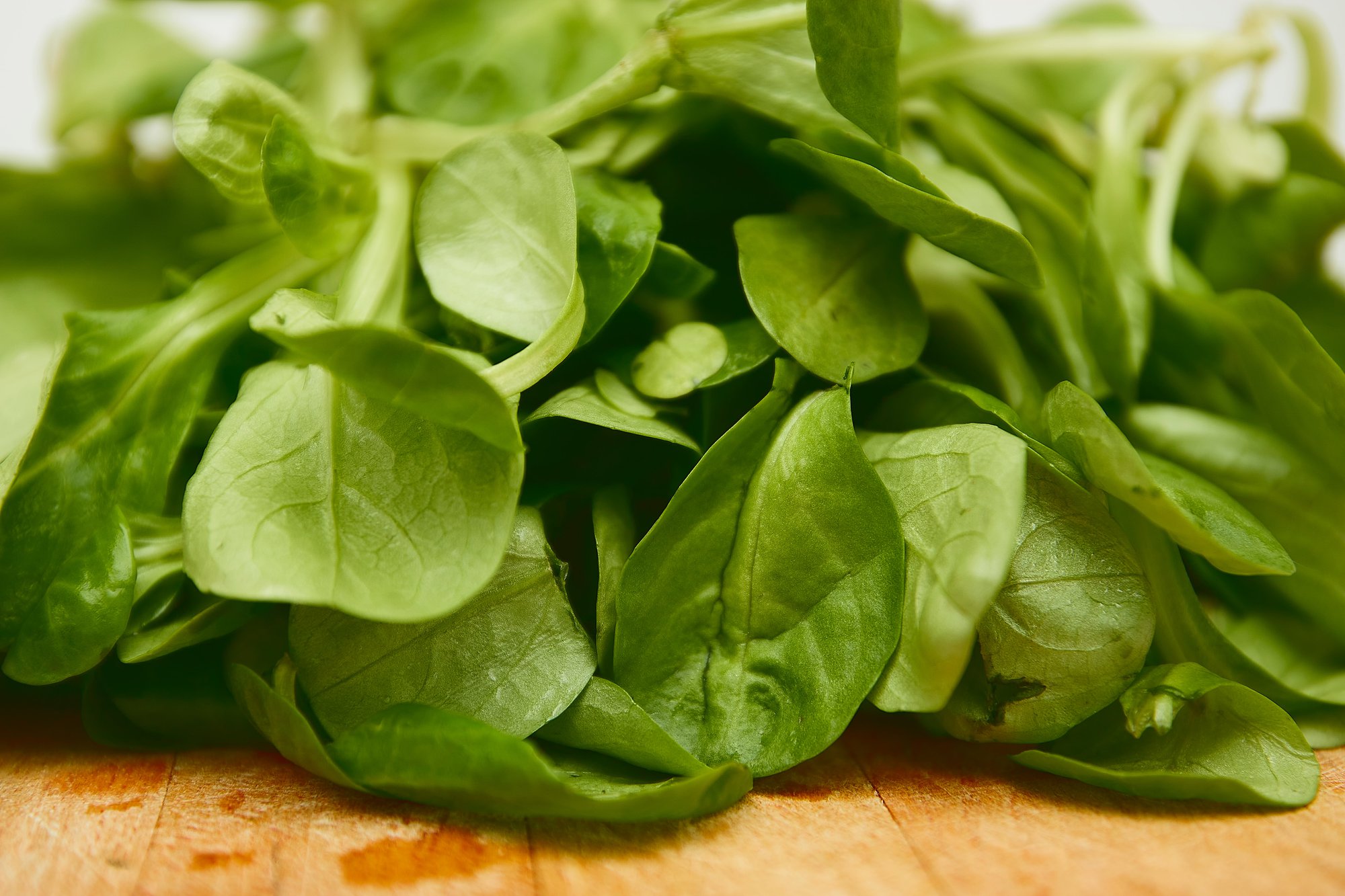What are Oxalates?
Oxalic Acid is most commonly known as oxalate and is a naturally occurring compound in some of the foods that we regularly eat. Plant based oxalate is not a required nutrient for humans and a large intake can cause various health issues.
What foods are they found in?
Oxalate is found in various foods, many of which are good for your health. Leafy greens and legumes are two common foods in which oxalate is present. On average we eat 200-300 milligrams of oxalate daily but this can go up dramatically if you eat oxalate rich foods. While many plants are low in oxalate, there are some that have up to 755 milligrams per serve!
The top 8 richest oxalate foods:
- Spinach – 755 milligrams
- Soy Products – 336 milligrams
- Beets – 152 milligrams
- Almonds – 122 milligrams
- Potatoes – 97 milligrams
- Navy Beans – 76 milligrams
- Raspberries – 48 milligrams
- Dates – 24 milligrams
Why are they bad for you?
It’s important to know that low levels of oxalate consumption has no adverse affect on your wellbeing. But regularly exceeding the recommended 200-300 milligram intake can cause health issues. Oxalate binds to calcium as it leaves the body, so if there is an excess, these bonds can cause an influx of calcium creation, which can lead to kidney stone development and potentially kidney disease.
Why are they hard to avoid?
Oxalate is very difficult to avoid because it’s found in so many plant based foods. These foods are often healthy and provide the body with important nutrient rich vitamins and minerals. Ironically, vegans that primarily eat plant based foods are often more at risk of developing kidney stones due to an increase in calcium development.
What can you eat instead?
Don’t worry! There are still so many great foods you can enjoy that are on the lower end of the oxalate scale.
7 foods that are lower in oxalate
- Kale and Bok Choy – 2 milligrams
- Broccoli – 2 milligrams
- Pumpkin and Sunflower Seeds – 2 milligrams
- Blueberries and Blackberries – 4 milligrams
- Kidney Beans – 15 milligrams
- Sweet Potatoes – 28 milligrams
- Cashews, Peanuts, and Walnuts – 30 milligrams
AlkaWay Organic Greens – a low oxalate alternative
Alkaway’s Organic Greens are carefully selected to be low in oxalate.
Here’s what’s inside:
- Nettle – A nutritive herb used as a spring tonic for millennia. As a nutritive, it gently assists in the elimination of toxins. It is also a gentle circulatory stimulant. It also contains iron, calcium and vitamin A.
- Parsley – Similar to nettle. It is also a nutritive full of minerals. Historically used to help treat anaemia, not just because it has iron, but because it helps us use the iron from other foods. Ancient Romans used it as a hangover cure.
- Oat Grass – Is a nutritive and a nervine. It builds deep energy for the next day, especially when riding an emotional roller coaster. It nourishes your nerves and may improve your ability to live with uncertainty.
- Barley Grass – Another nutritive, which is more alkaline than wheatgrass. It boosts natural antioxidant defence systems. Rich in minerals and chlorophyll. It is the barley grass, not the grain, so it’s naturally free from gluten.
- Chlorella – An algae and a nutritive. Helps support your detox – especially for heavy metals and pollution.
- Blueberry – A great alkaliser and a super antioxidant. Packed with antioxidants and phytoflavinoids, these berries are also high in potassium and vitamin C.
- Green Tea – A great antioxidant that can reach the brain to help prevent free radical damage that can potentially cause a decrease in brain function. it can also have a calming affect.
- Broccoli Sprout – Included for its sulforaphane. It helps to regulate cellular defences, helping body systems to recognise abnormal cells. It then helps the body eliminate them. It can protect good cells and help eliminate bad ones.
- Jerusalem Artichoke – Included for its high levels of inulin this is a fantastic digestive fibre and prebiotic. Prebiotics help boost healthy gut bacteria. If the bacteria in our gut isn’t happy, then neither are we.
Picture by Gil Ndjouwou on Unsplash



